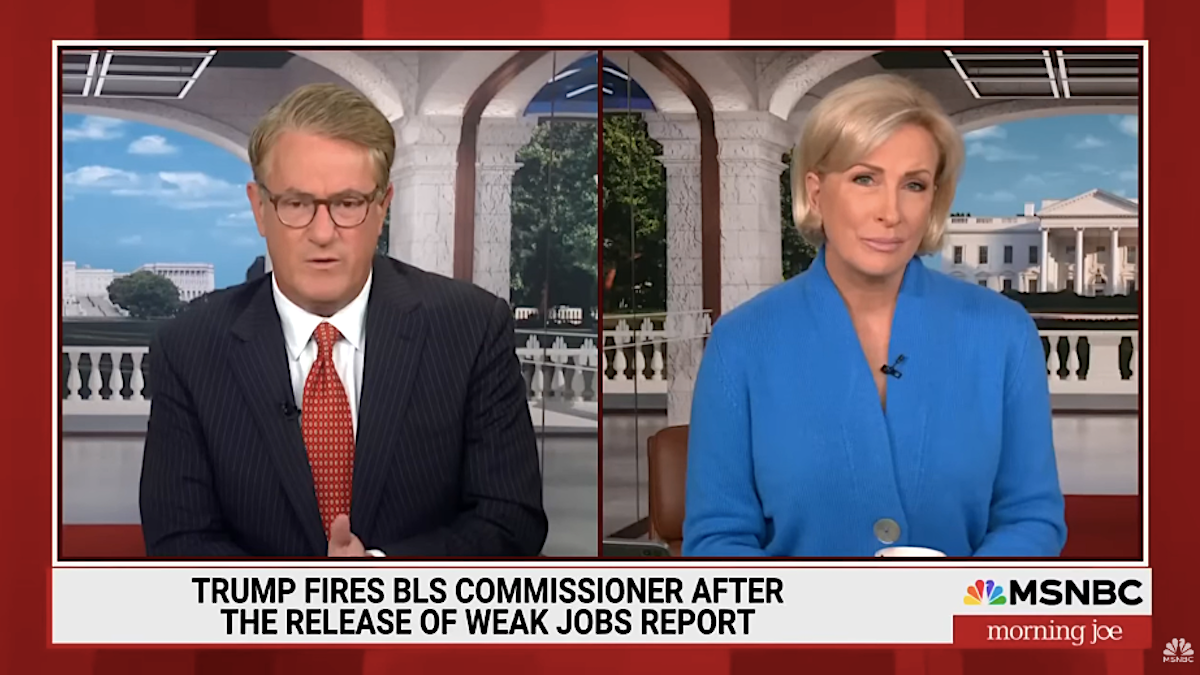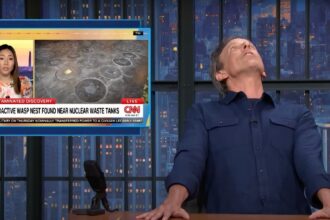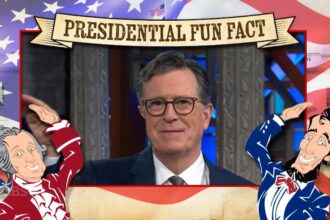MSNBC Commentator On Trump’s Handling of Weak Job Report: Unthinkable
The economy is a frequent focal point in American political discourse, especially during election seasons. Job reports, which reflect the health of the labor market, can influence public perception and voter sentiment in significant ways. Recently, an MSNBC commentator made waves by labeling former President Donald Trump’s handling of a weak job report as "unthinkable." This commentary invites a deeper investigation into the unusual and often contentious nature of economic communications in politics, particularly under the Trump administration.
Understanding Job Reports
At the core of this conversation is the job report itself. These reports are released monthly by the Bureau of Labor Statistics and provide crucial data on employment rates, job creation, and wage growth. Economists and policymakers closely analyze these statistics, as they can reveal trends about the economy and signal potential challenges ahead. For voters, these reports often serve as a shorthand for how well a government is managing economic responsibilities.
When a weak job report emerges, the implications can be severe: lowering public confidence in the incumbent leadership, potentially dampening consumer spending, and prompting political opponents to galvanize support around economic discourse. For a leader, how they handle such a report can either bolster their standing or plunge them into controversy.
Trump’s Response to Economic Challenges
Former President Trump’s economic strategy was built on bold promises, including significant job creation and wage increases. His administration often emphasized low unemployment rates and stock market booms as hallmarks of its success. However, critics often pointed to a stark disconnect between his proclamations and the realities presented by various economic reports.
In a 2022 MSNBC broadcast, the commentator expressed disbelief at Trump’s reaction—something that many analysts find unfathomable—when faced with disappointing employment figures. Instead of employing traditional strategies associated with acknowledging economic shortcomings, Trump tended to downplay negative reports or divert attention to other issues, often resorting to hyperbolic rhetoric that polarized public sentiment.
The Culture of Denial in Economic Messaging
The commentator’s use of the term "unthinkable" underscores a significant aspect of Trump’s approach to economic communication: a culture of denial. The economic messages under his administration often prioritized narratives of success over a candid analysis of the facts.
This behavior does not merely reflect Trump’s personality; it also signals a broader trend among political leaders to craft more favorable narratives around troubling circumstances. Analyses have shown that voters often prefer optimistic perceptions over realistic appraisals, leading some to believe that these narratives directly influence electoral outcomes.
The Role of Media in Shaping Perception
The media plays a crucial role in interpreting and disseminating economic reports. Networks like MSNBC are pivotal in framing narratives that influence public understanding. Commentators and political analysts help viewers contextualize numbers that might otherwise seem abstract, translating them into tangible implications for families, businesses, and the national economy.
In the case of the weak job report, the commentator’s strong language reflects frustration with an administration that seemingly distanced itself from accountability. Instead of engaging in constructive conversation about economic forecasting and solutions, the Trump administration’s strategy was often to maintain a façade of invulnerability.
Historical Context: Economic Communication in Politics
It is essential to place the current landscape of economic communication in a historical context. Throughout history, Presidents have grappled with the implications of economic news. Lyndon B. Johnson’s "Great Society" faced challenges as economic reports contradicted his optimistic goals, while Barack Obama had to navigate the recession inherited from the Bush administration.
In every case, leaders have faced the dual challenge of staying truthful with the public while protecting their political capital. The difference with Trump, as highlighted by the MSNBC commentator, is the almost theatrical quality of the denials, which detracted from a kinder, gentler approach to the realities of economic struggle.
Why It Matters: Public Trust and Policy Effectiveness
The implications of how a leader handles job reports extend far beyond public relations. They intersect with public trust and the effectiveness of subsequent policies. When leaders dismiss or downplay adverse economic news, it risks eroding trust between them and the electorate. This erosion can diminish the capacity for effective policy-making, as citizens might become disillusioned with leadership that appears disconnected from their everyday realities.
Public Engagement and Accountability
Transparent communication about economic challenges is vital for rebuilding public trust. When administrations openly discuss shortcomings, they not only exhibit accountability but also pave the way for collaborative solutions. Engaging constituents around economic issues allows leaders to craft more informed policies that genuinely reflect the needs of the populace.
Conclusion
The MSNBC commentator’s assertion that Trump’s handling of a weak job report was "unthinkable" encapsulates the intricate relationship between economic data and political context. As economic indicators continue to influence voter sentiment, the dialogue surrounding them is more crucial than ever.
Authenticity in communication matters, especially when it pertains to the livelihoods of ordinary citizens. While denials and defensive rhetoric may garner temporary support, they ultimately undermine long-term trust and collaboration. Moving forward, leaders of all stripes would do well to remember that a truly accurate portrayal of economic health can spur not only informed voter engagement but also meaningful policy action.
The dialogue generated by economic reports, therefore, becomes a lens through which we can evaluate leadership effectiveness and public trust. In the shadow of a weak job report, honesty might just be the best policy for future administrations.





